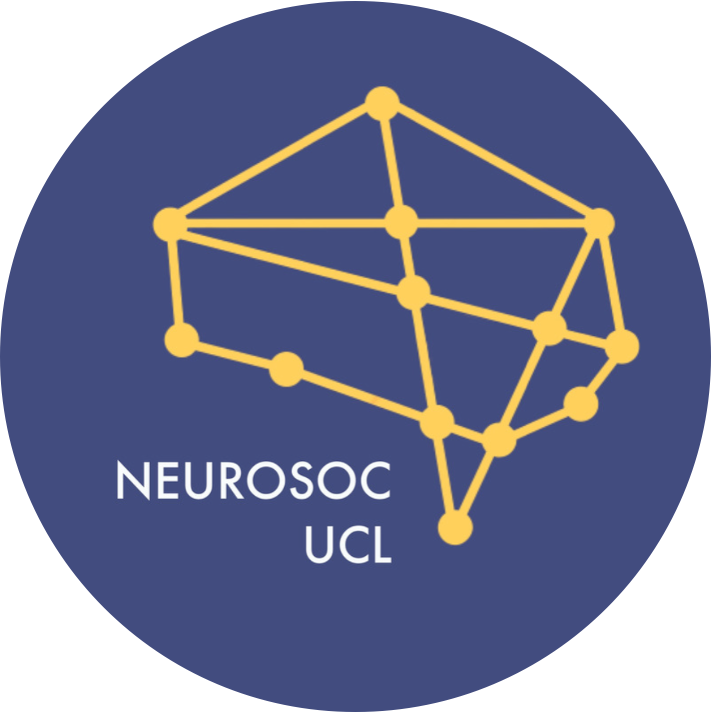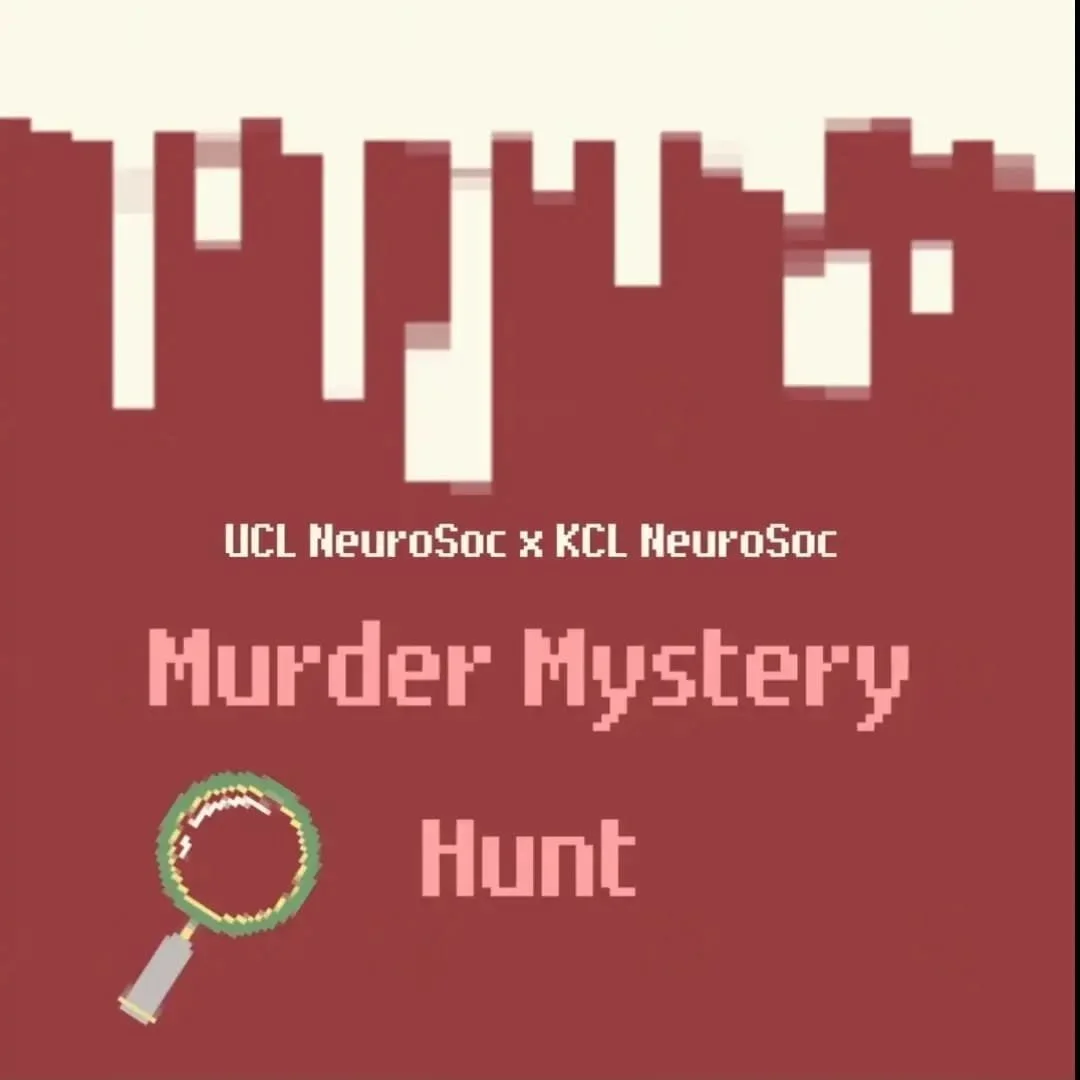Most of you likely indulged in a halloween event this month - but did you stop to wonder about the neurobiology underlying scary costumes, horror movie jumpscares, and threats?
Wonder no more on November 14th! Instead, join us for a panel on the Neuroscience of Fear and Horror: Monsters, Horror Movies, and Spooooky Brain Networks!
Our speakers are Juliana Sporrer from the Threat Avoidance lab at the Wellcome Centre for Human Neuroimaging, and Peter Kirk from the Neuroscience and Mental Health group at the Institute of Cognitive Neuroscience.
Join us November 14th at 18:00 in Torrington Place, B17 to discuss questions such as:
Why are some people more easily scared than others?
Why are jump scares so much scarier than a threat you can see coming?
Can we smell fear?
What parts of the brain experience horror - and how do we measure it?
What is the scariest thing a human can experience?
Please arrive by 17:55 to give yourself time to find the room, and so that we can start at 18:00! The discussion will last for ~45 minutes, followed by open questions from the audience - so feel free to ask away!
You can sign up for this event through the link in our bio, as well as on our website. Please remember that you’ll need a valid NeuroSoc membership to attend:)
Lastly, here is some extra info on our speakers - although you can find this info on our website as well.
Peter Kirk is a postdoctoral researcher at UCL’s Institute of Cognitive Neuroscience in the Neuroscience and Mental Health group. Peter holds a BSc in Psychology, an MSc in Cognitive Neuroscience, and PhD in the ecological study of the brain, and has used movies (combined with fMRI imaging) to probe the neurobiology underlying fear, threat detection, and anxiety. The Neuroscience and Mental Health group also looks at how anxiety impacts temporal cognition, risk aversion, and brain dynamics.
Juliana Sporrer is a PhD student at the Wellcome Centre for Human Neuroimaging and holds a BSc in Clinical Psychology and an MSc in Brain and Mind Sciences. Juliana works in the Threat Avoidance lab, and researches human escape behaviours, survival actions, and threat forecasting. Recently, the lab has started using virtual reality (VR) games with a motion-capture system to analyse behaviour under threat - as well as the strategies we employ to escape from (virtual) horrors.
See you there!









